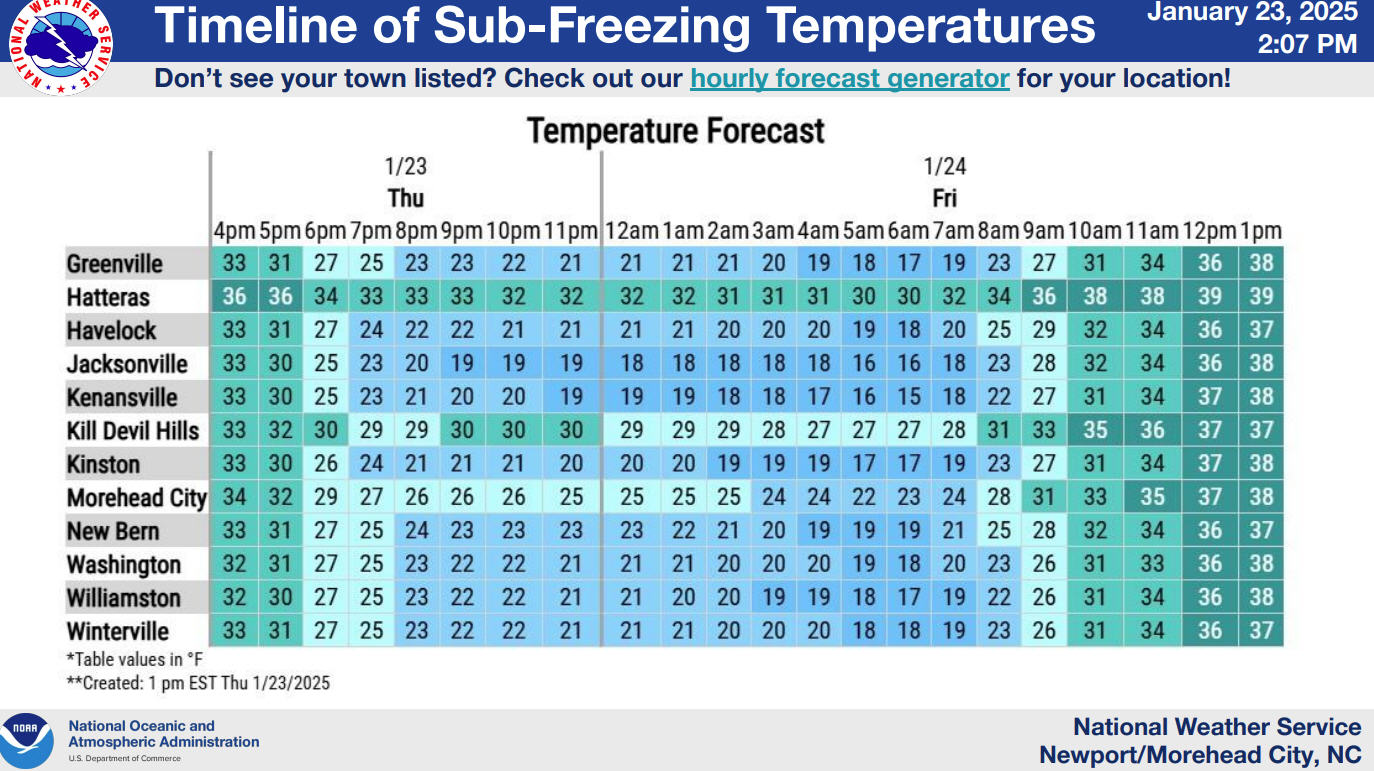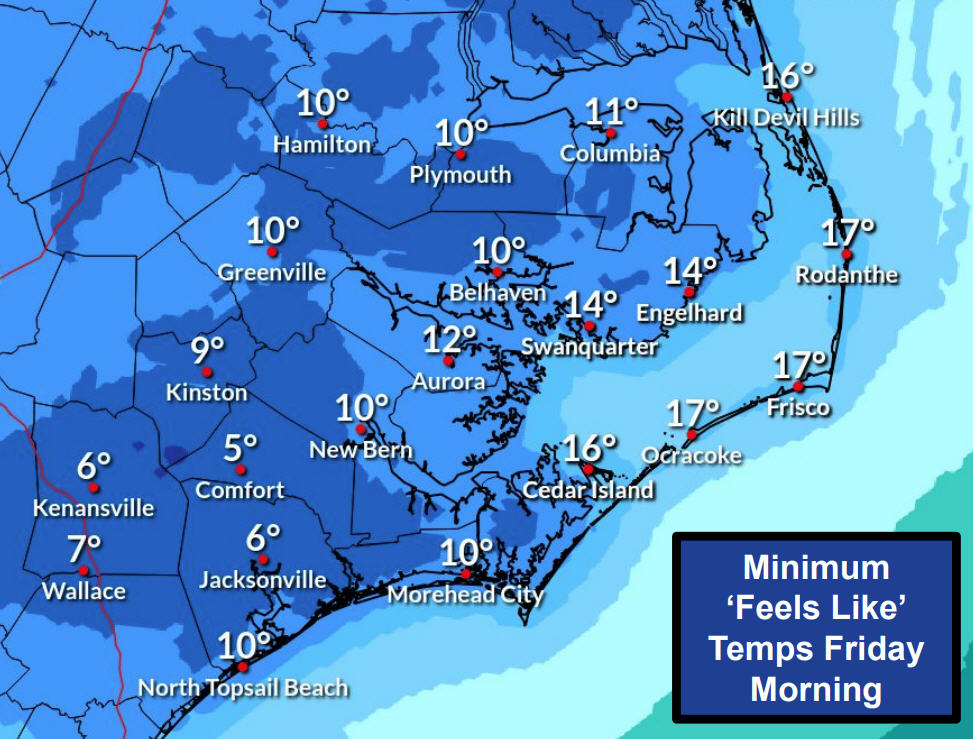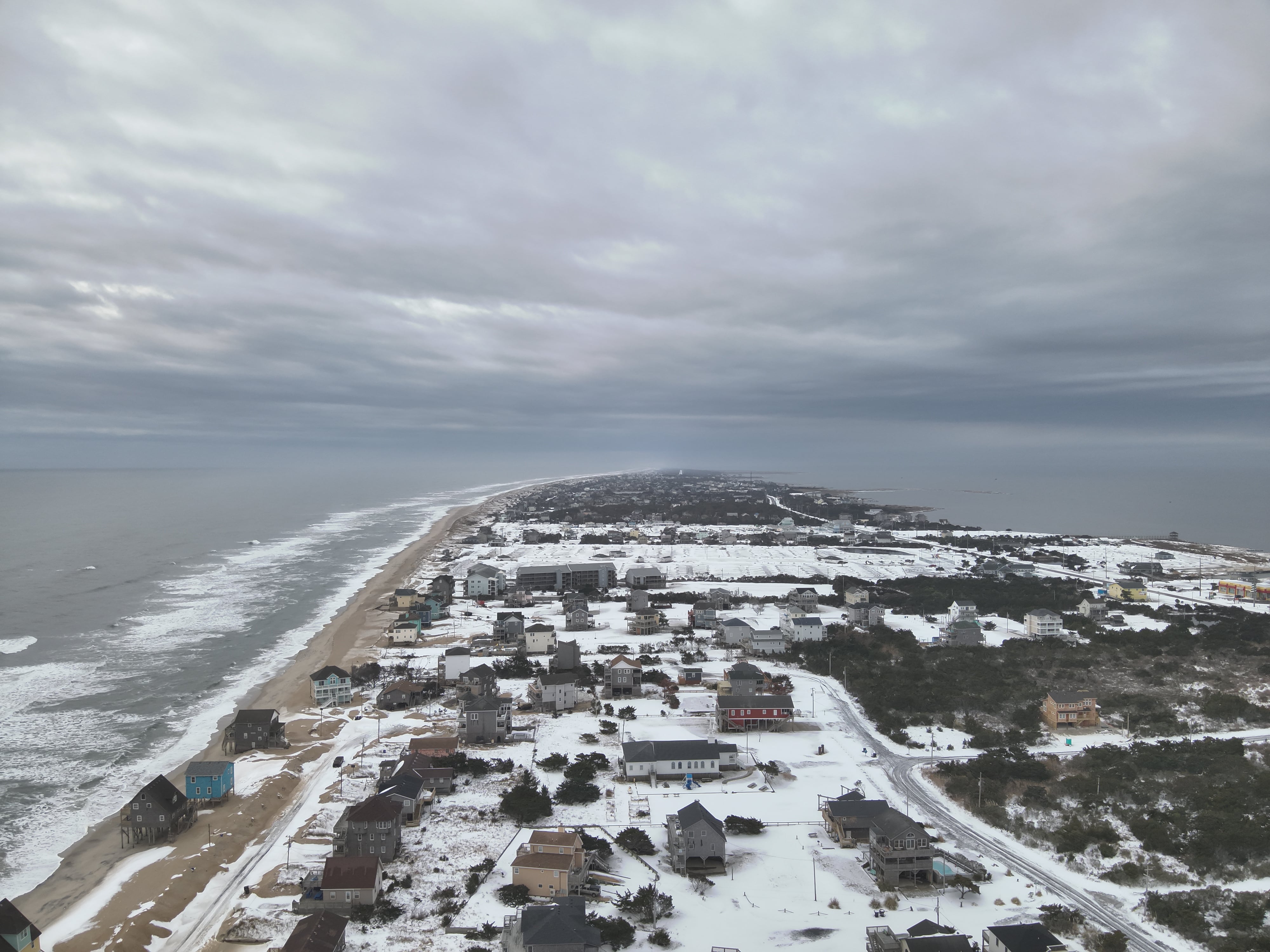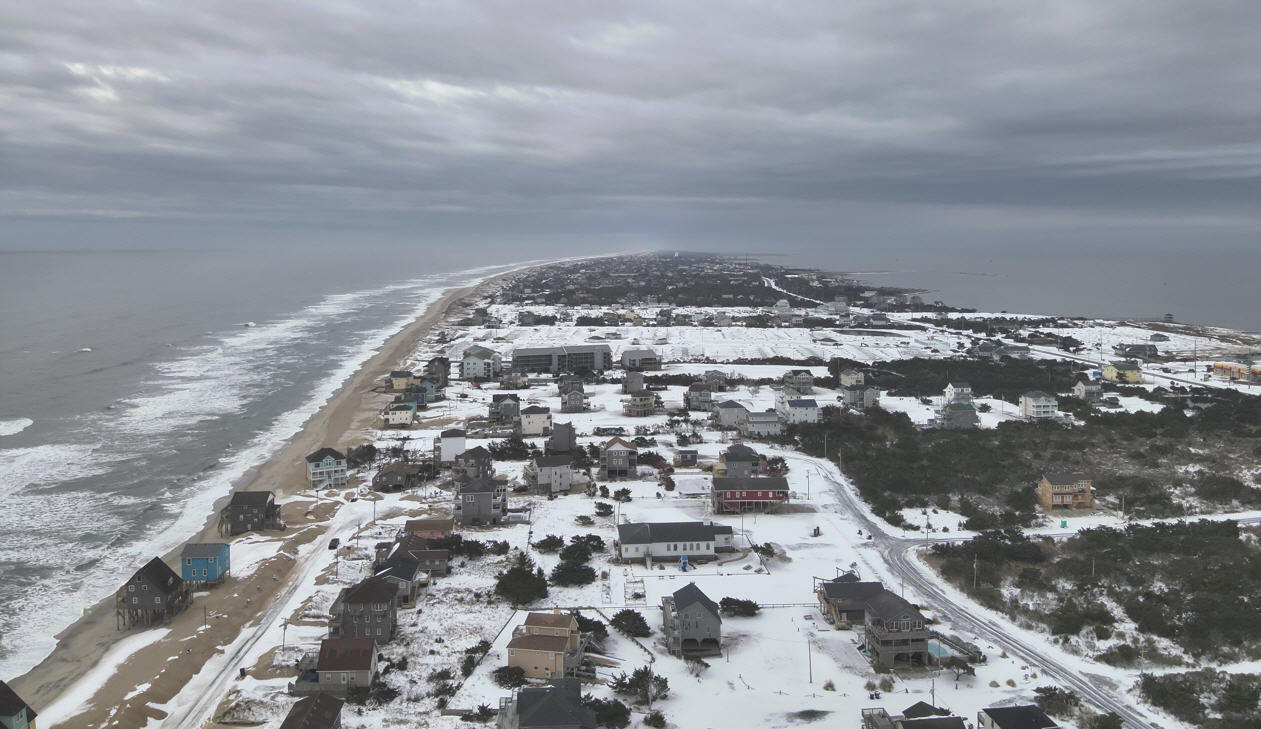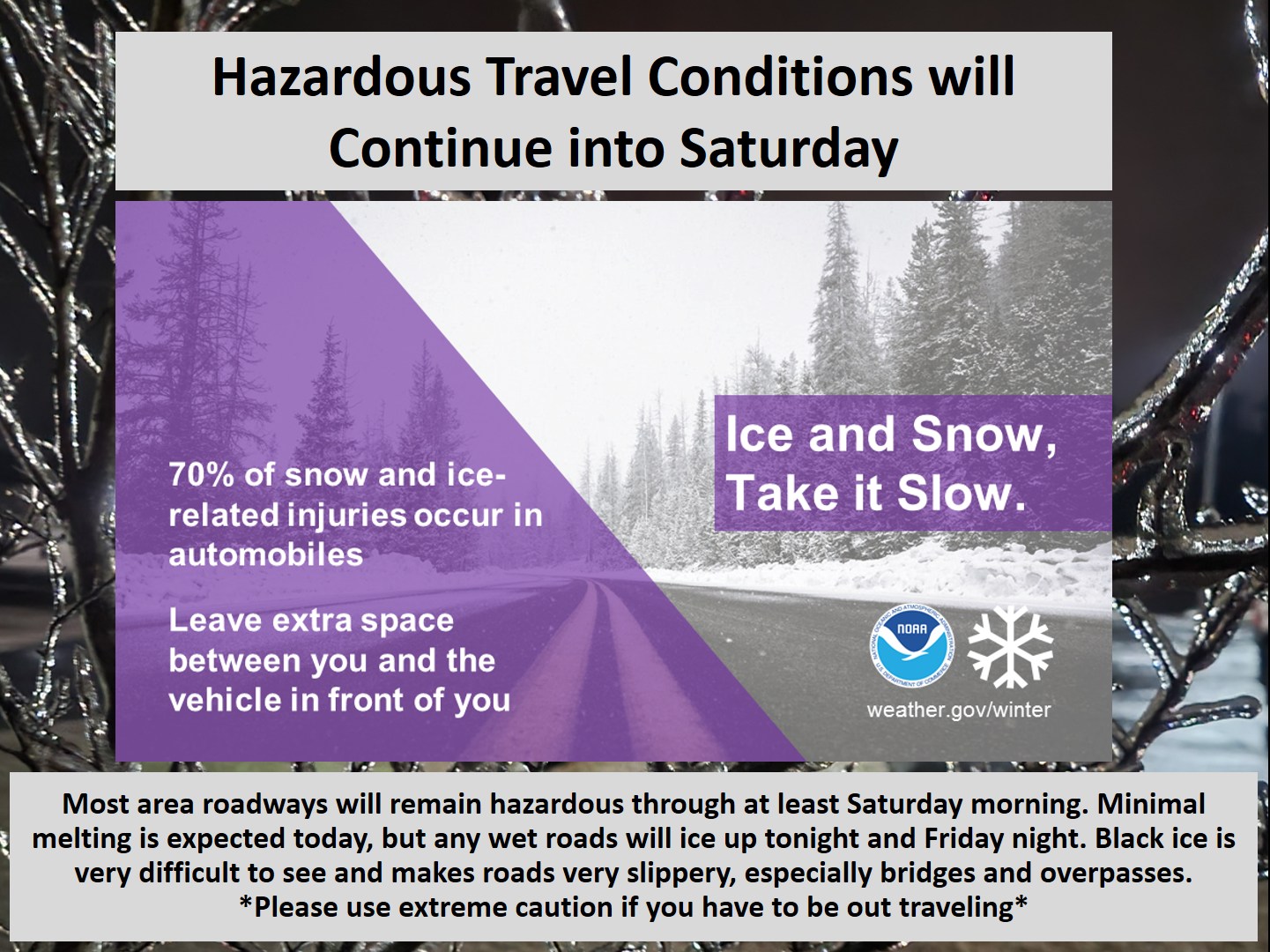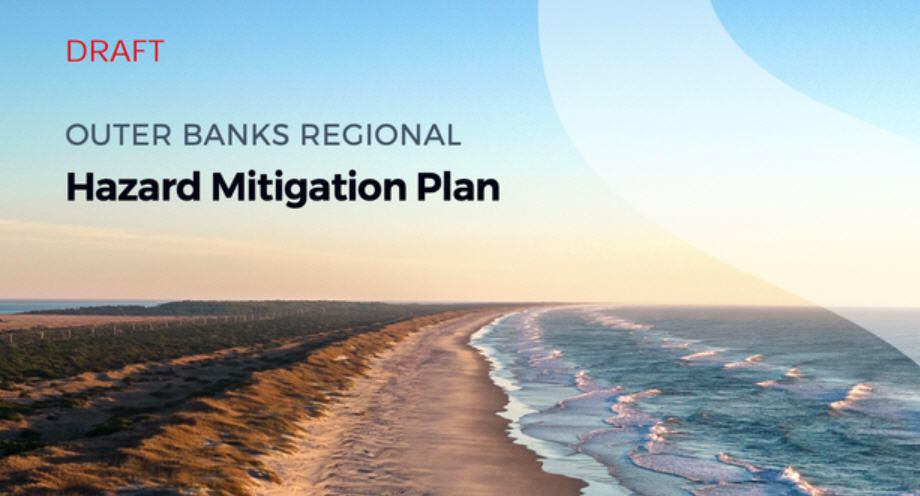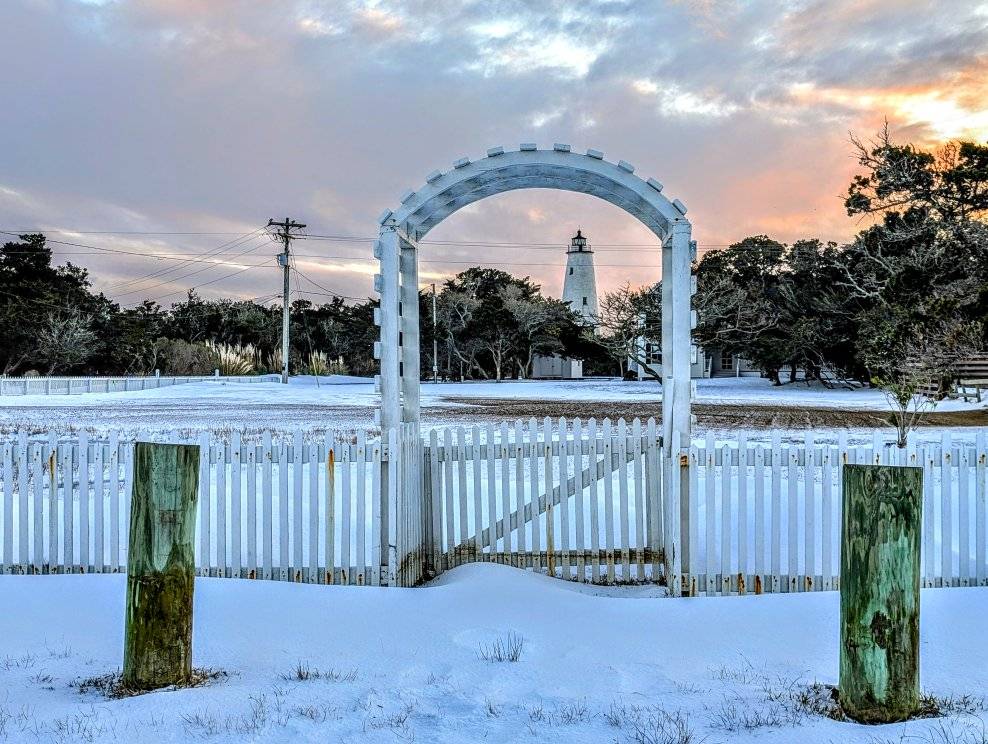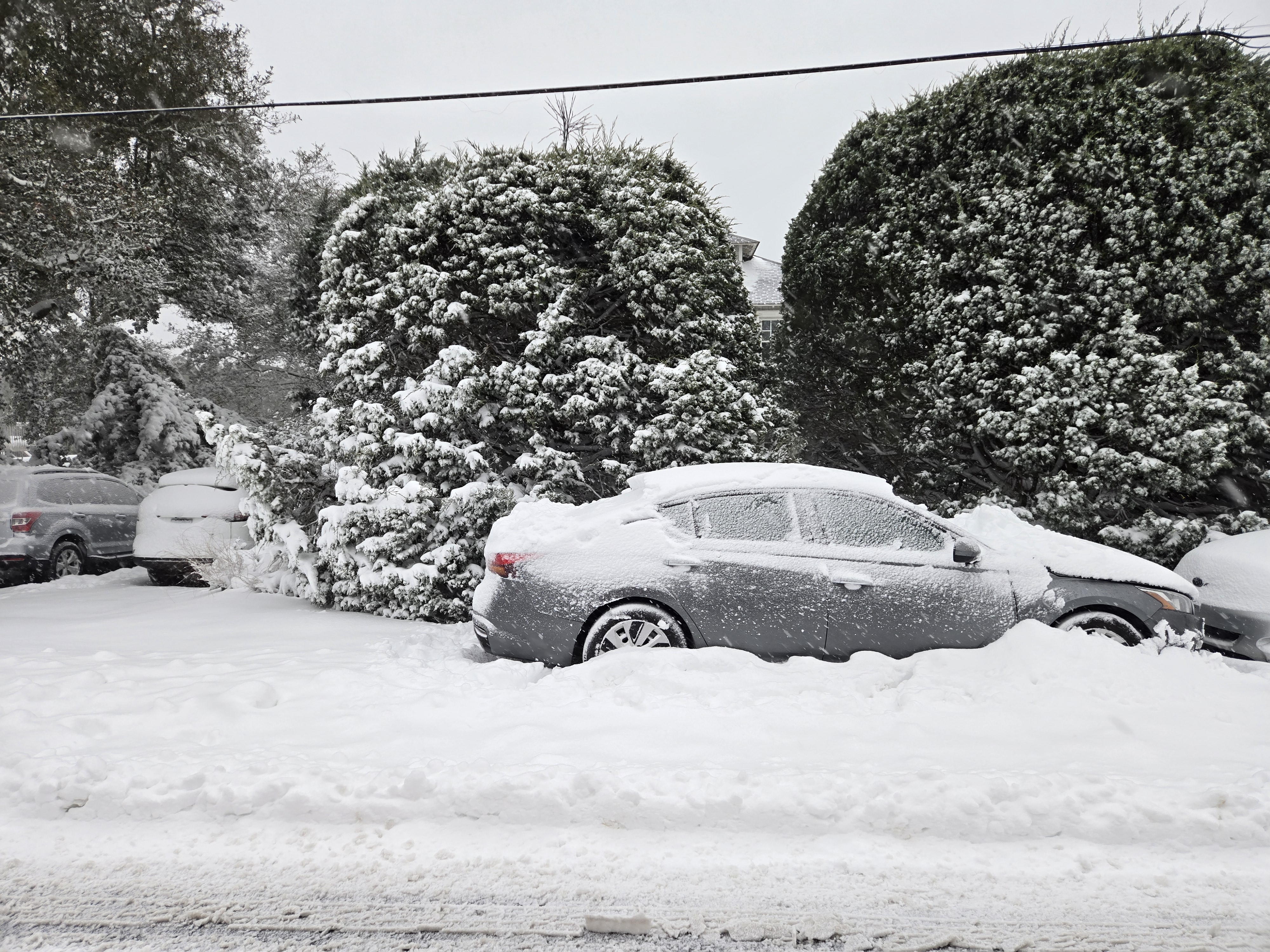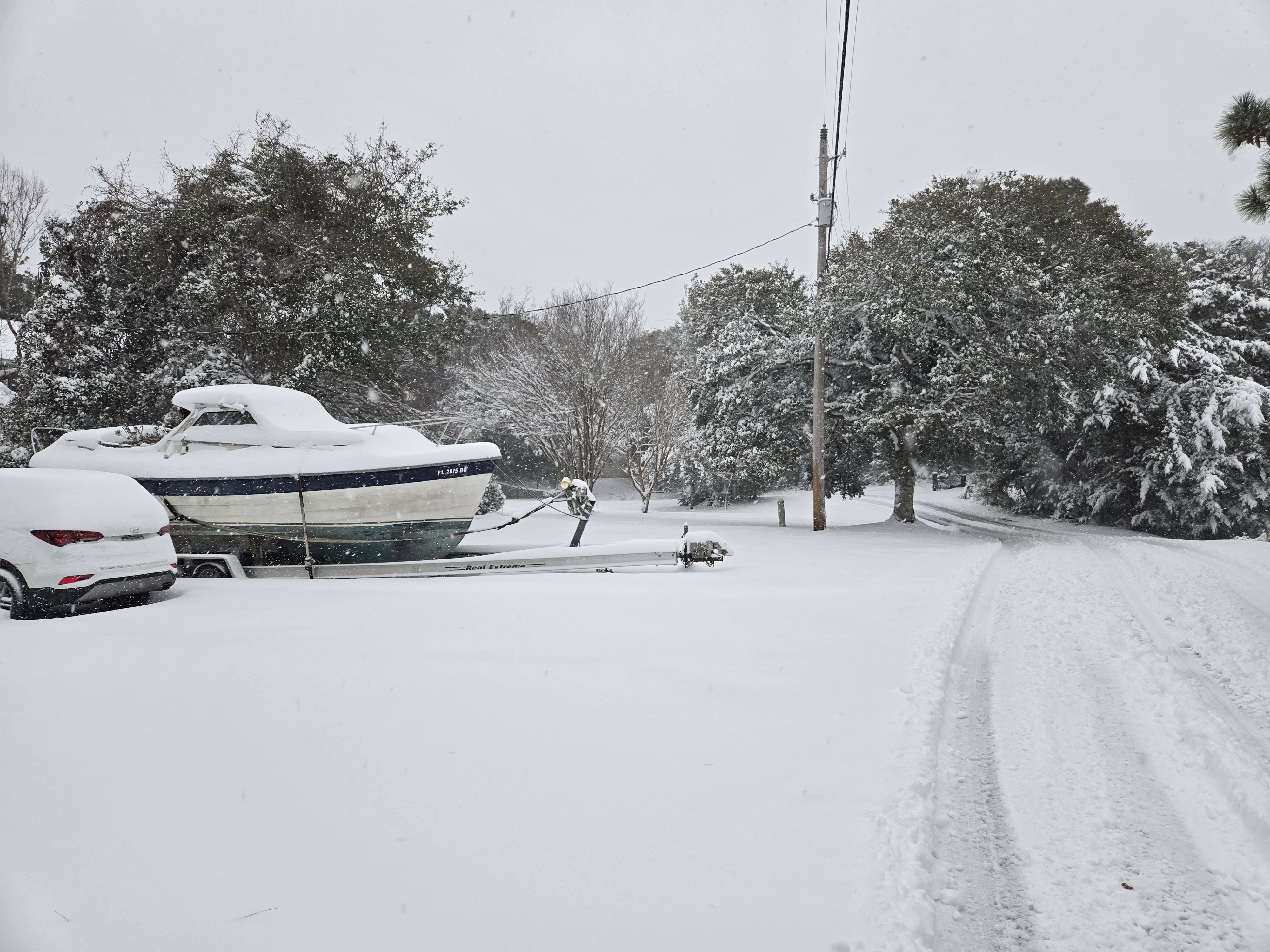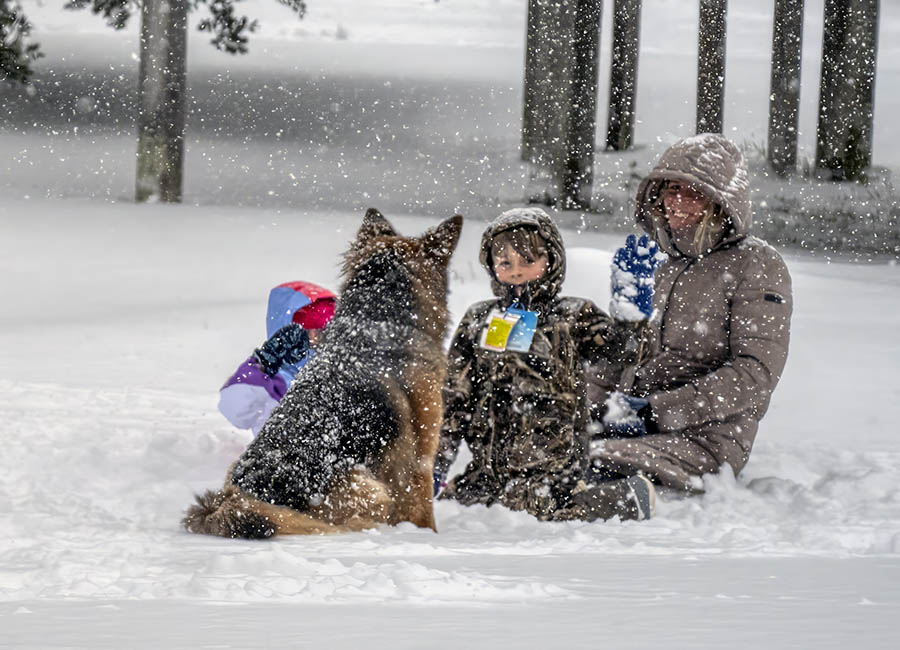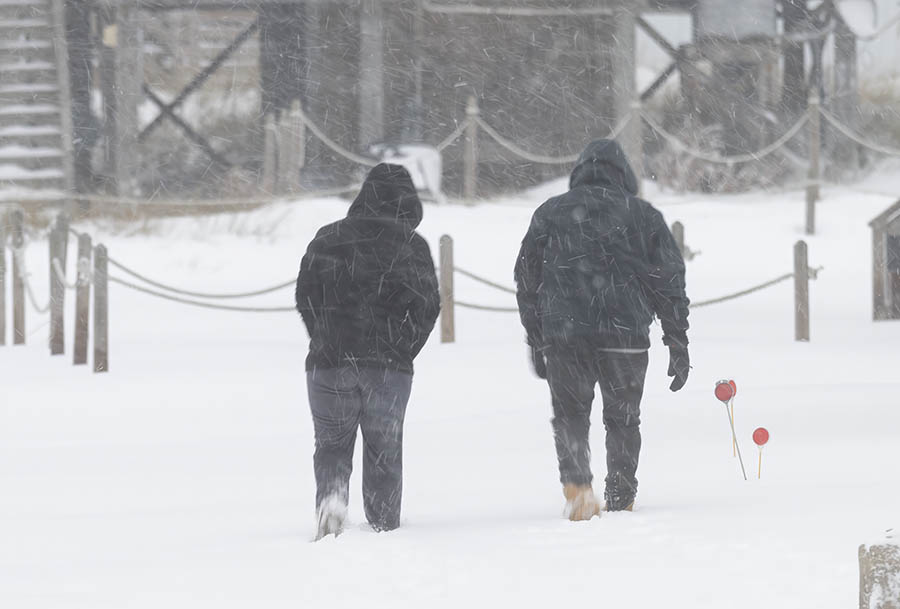Guest Column: Should the plastic bag ban be extended to all Outer Banks businesses?
The Outer Banks has always been a place where the people’s livelihoods depended on the bounty of our land and our waters. Even as our community has grown and changed over the centuries, our reliance on our natural resources remains the same. Our commercial watermen, who bring in fresh seafood every day, need a healthy fishery to survive. Our small businesses, recreational industry, and tourism-based economy rely on clean water and beautiful beaches. For me, as for so many others who are fortunate to call this place our home, protecting these natural gifts is not an environmental issue – it is an economic one.
That concern for the economic well-being of our community, and for the health of our people, is what led me to last year’s law to reduce the use of plastic bags in the Outer Banks. The Outer Banks is in the business of looking good. Our natural beauty is a top reason that millions of people come here every year and support our economy. I have seen so many bags in our area, as I know you have – hanging in trees, from marsh grasses, and on our dune’s sea oats. They flutter along in the wind and likely end up in our waters. At some point I began to wonder what effects these plastic bags were having on our environment – or if they posed no more harm than simply being an eyesore.
I began to look into the issues of plastics and waste, and what I found was disturbing. In an area of the Pacific Ocean – nobody is sure of the exact size, but scientists say that it is certainly larger than our entire state – there is something called the Pacific Garbage Patch, consisting of billions upon billions of pieces of plastic, from microscopic size to chunks as big as a lawn chair. A 1999 study found six times more plastic than plankton in water samples of the Pacific Ocean. When I heard about large concentrations of plastic debris in the Atlantic as well, I began to fear for the health and future of our fisheries here at home.
The Mayo Clinic already cautions us about fish that may be contaminated with mercury and other pollutants, and I fear that plastics could further contaminate our marine life. Plastic bags are made of high-density polyethylene and titanium chloride – or more simply put, complex carbons and transitional metal – and they break down into tiny pieces in the water. Scientists are currently studying the potential impacts these plastic materials and other chemicals could have on marine life and, later, to human health as a result of seafood consumption. And although we do not yet know for certain what these impacts will be to our fisheries, I would much rather err on the side of caution than to see our fisheries fall apart because of something that we could have stopped.
Our waters have sustained our community’s culture and economy for generations. And it is our future that could be in jeopardy. But if we cannot make one small change here to help prevent that, why would anyone else fight for us? Why would Washington or Raleigh take steps to protect the health of our fisheries? Why would America or China or anyone else reduce carbon emissions to reduce mercury in our waters? If we do not show we are willing to make a change at home, nobody will stand up for us.
This is why I feel so strongly about reducing the presence of plastic bags on the Outer Banks. There is nothing I like about the overreaching of government. I have seen our federal government strangle our commercial fishermen, prevent our bridge from being built, and break a longtime promise to maintain public access to our national seashore. But on certain issues – like this one – that threaten our economy, our health and our way of life, I do believe that government has a responsibility to its people and an appropriate role to play.
I fully abide by our forefathers’ beliefs that a person should be frugal and responsible with the materials around him. In 1806 Thomas Jefferson said, “We must use a good deal of economy in our wood, never cutting down new, where we can make the old do.” Today, Jefferson and others who founded our country would urge us to use and re-use what we have, and not be wasteful – because when we cast it aside, it becomes someone else’s problem. Plastic bags may be a convenience now, but what problems are we creating tomorrow through our convenience today?
Last year’s law applied to flimsy lightweight bags sold at large major retailers. I believe it has made a difference but there is more we can do. This year, I proposed that this law be extended to apply to all businesses on the Outer Banks of Dare, Currituck, and Hyde counties and apply to plastic bags of all weights – a total ban on plastic bags on our barrier islands. But I do not want to move forward with this law without input from you – because we all share in this community’s future together, and it’s only by working together that we can make the Outer Banks a better place for the future.
I have already sent a letter to more than 600 Outer Banks businesses to explain my proposal and my reasoning, and to ask for feedback and support. I have received little negative reaction thus far, but I sincerely want to hear your thoughts and concerns about the potential threat that plastics pose to our marine life and our fisheries – and to the future of our community. Please call Katie Hall at my office in Raleigh (919-733-6854) or email her at Katie.Hall@ncleg.net to share your thoughts with her. I have asked her to collect any feedback and bring it to my attention. If you would prefer to speak to me directly, please leave a message with my staff and I will be happy to call you.
Banning plastic bags is not about getting you to use paper bags, or even keeping you from having plastic bags. It is not about whether or not tourists will show up with reusable bags or be annoyed by having to use paper. Rather, it is about you and me making small changes that could have a lasting effect on our community’s future. Using reusable bags is easy. They are cheap to buy, easy to carry, and sturdy. They hold plenty of groceries, and are built to hold everything from a carton of eggs to nuts and bolts and tools. By making reusable bags your habit, those of us that live here can show the rest of America that it is not difficult to use reusable bags. And we can demonstrate how great our natural areas look and how our waters are free from plastic debris because of our small efforts.
(Marc Basnight is president pro tempore of the North Carolina state Senate. He is a Manteo Democrat who represents Dare and Hyde and other counties.)
http://www.islandfreepress.org/2009Archives/06.25.2009-DetailsAboutBanOnPlasticBagsOnOuterBanks.html
http://islandfreepress.org/PivotBlog/pivot/entry.php?id=52







